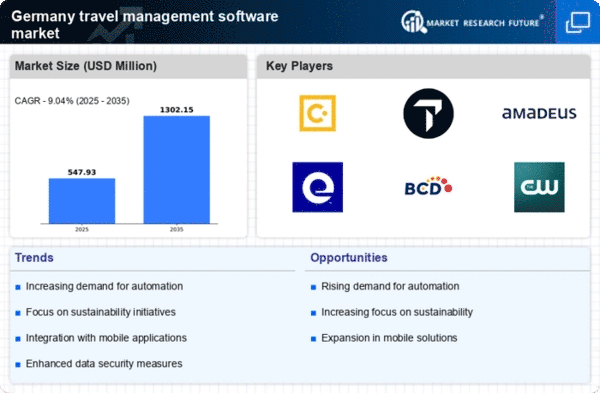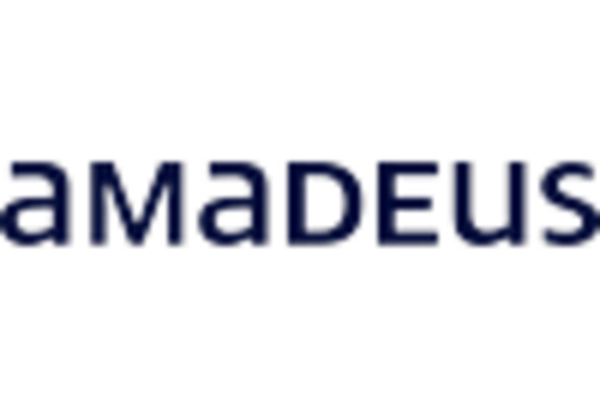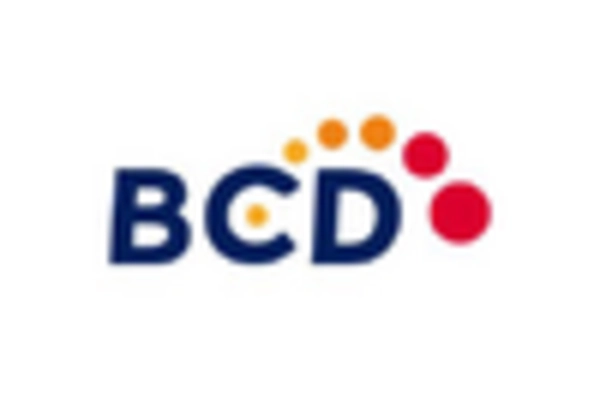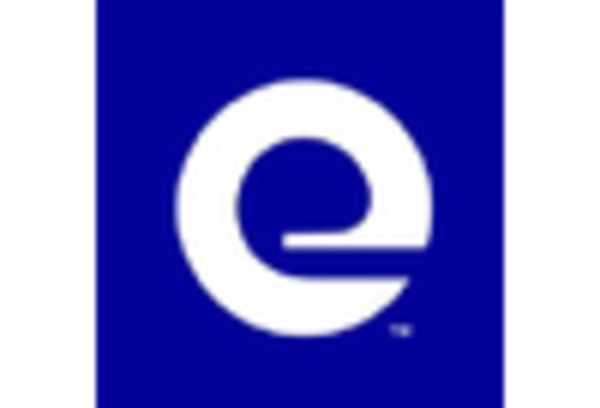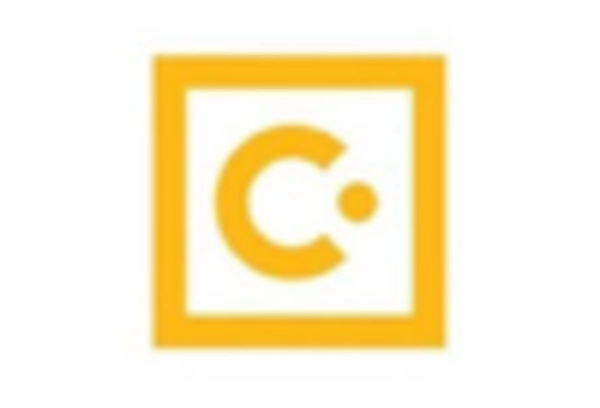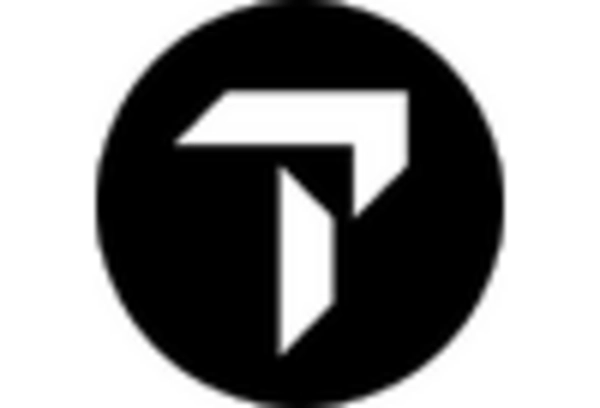Rising Demand for Cost Efficiency
The travel management-software market in Germany is experiencing a notable surge in demand for cost efficiency solutions. Companies are increasingly seeking software that can streamline travel processes, reduce expenses, and enhance overall productivity. According to recent data, organizations that implement effective travel management solutions can save up to 30% on travel costs. This trend is driven by the need for businesses to optimize their budgets while maintaining employee satisfaction. As a result, travel management software that offers comprehensive reporting and analytics features is becoming essential. The ability to track spending and identify cost-saving opportunities is crucial for companies aiming to remain competitive in a challenging economic landscape. Thus, the focus on cost efficiency is a significant driver for the growth of the travel management-software market in Germany.
Integration of Sustainable Practices
The integration of sustainable practices is emerging as a significant driver in the travel management-software market in Germany. Organizations are increasingly committed to reducing their carbon footprint and promoting environmentally friendly travel options. Software solutions that offer features for tracking carbon emissions and suggesting sustainable travel alternatives are becoming essential. Recent surveys indicate that over 60% of companies in Germany are prioritizing sustainability in their travel policies. This trend is influencing the development of travel management software that aligns with corporate social responsibility goals. By adopting software that facilitates sustainable travel practices, organizations can enhance their brand reputation and appeal to environmentally conscious consumers. Thus, the focus on sustainability is likely to play a crucial role in shaping the future landscape of the travel management-software market.
Growing Emphasis on User-Centric Design
User-centric design is becoming a pivotal driver in the travel management-software market in Germany. As businesses prioritize employee experience, the demand for intuitive and user-friendly software solutions is on the rise. Travel management software that simplifies the booking process and enhances user engagement is increasingly sought after. Companies are recognizing that a positive user experience can lead to higher adoption rates and improved compliance with travel policies. Furthermore, software that integrates seamlessly with existing systems and provides mobile accessibility is gaining traction. This shift towards user-centric design reflects a broader trend in the market, where organizations aim to empower employees with tools that facilitate efficient travel planning. Consequently, the emphasis on user experience is likely to shape the development of travel management software in the coming years.
Increased Focus on Compliance and Risk Management
In the context of the travel management-software market, compliance and risk management have emerged as critical drivers for growth in Germany. Organizations are increasingly aware of the importance of adhering to regulations and managing risks associated with business travel. The implementation of travel management software that includes compliance tracking features is becoming a necessity. This is particularly relevant in light of evolving regulations regarding data protection and employee safety. Companies that utilize travel management solutions can mitigate risks and ensure compliance with local and international laws. Furthermore, the market is witnessing a shift towards software that provides real-time updates on travel advisories and safety alerts, enhancing the overall travel experience for employees. Consequently, the emphasis on compliance and risk management is likely to propel the travel management-software market forward.
Adoption of Advanced Analytics and Reporting Tools
The travel management-software market in Germany is increasingly driven by the adoption of advanced analytics and reporting tools. Businesses are recognizing the value of data-driven decision-making in optimizing travel programs. Software that offers robust analytics capabilities enables organizations to gain insights into travel patterns, spending behaviors, and employee preferences. This data can be instrumental in negotiating better rates with suppliers and improving overall travel policies. Recent studies indicate that companies leveraging advanced analytics can achieve up to 25% savings on travel expenditures. As organizations strive for greater transparency and accountability in their travel spending, the demand for sophisticated reporting tools within travel management software is likely to grow. This trend underscores the importance of data analytics in shaping the future of the travel management-software market.


